U is for Umbrella Jelly
This is a short Youtube video of delicate and beautiful umbrella jellyfish, or ‘umbrella jellies’ which is the preferred term, as they are not actually fish, and their magical water dancing. Uploaded by Aquarium of the Pacific.
These tiny little jellies’ Latin name is Eutonia indicans, and they are at the most 1 inch in diameter.
Being almost completely transparent they are quite hard to spot in the ocean. They are up to 98% water, with skin so thin, they don’t need lungs or breathing apparatus because the oxygen can be absorbed straight from the water by their outer layer.
These little jellyfish eat tiny invertebrate eggs and larvae, copepods, and other, tinier jellies near the surface of the waters of the Pacific coast from Santa Barbara to Japan.
Their mouths have four frilly lips and hang below the centre of the jellies (the ‘handle’ of the umbrella) and when food is trapped in the tentacles their mouths swing over and lick the food off.
Some jellies are suffering the very reverse of extinction – they are proliferating beyond a safe number. Usually these delicate creatures are kept in balance.
But their predators, bigger marine creatures such as tuna, have been overfished to the point of extinction, and animals like turtles have been overwhelmed by our plastic rubbish floating in the sea, which they mistake for food and on which they choke to death.
Not only this, we are providing jellyfish with abundant food – agricultural fertilisers are washed into the sea, and feed the plankton population on which jellyfish thrive. Warmer waters, due to climate change/warming are also helping jellies increase.
We have a lot to answer for.
This is my jelly poem:
.
Umbrella Jelly
.
Living in the ocean swell,
see-through as transparent gel,
part tentacles, part frilly bell,
it opens, closes to propel – a
tiny sea-water umbrella.
.
© Liz Brownlee
.
Information from:
Prose and Poem © Liz Brownlee, all rights reserved not to be used in any manner whatsoever without the permission of the author.
- Posted in: A-Z Blog Challenge 2016 ♦ Animal Magic - the book ♦ Animals ♦ Poems ♦ Sustainability
- Tagged: animal, jellyfish, nature, ocean life, poems, poetry, Sea jelly, sea life, sustainability, wildlife


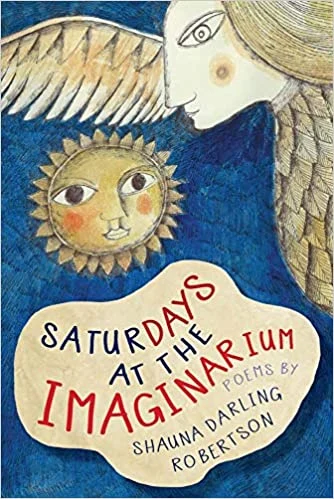
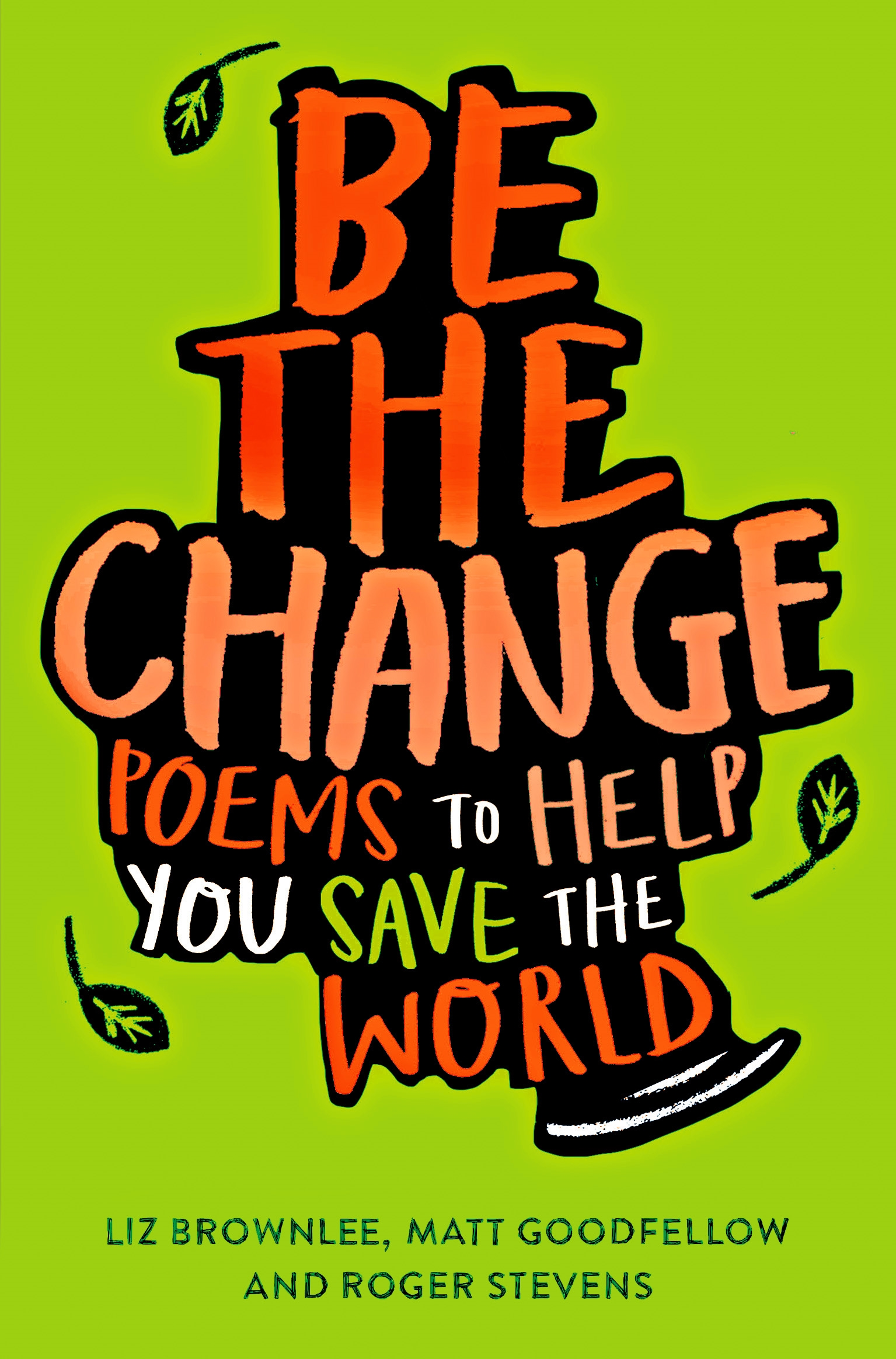
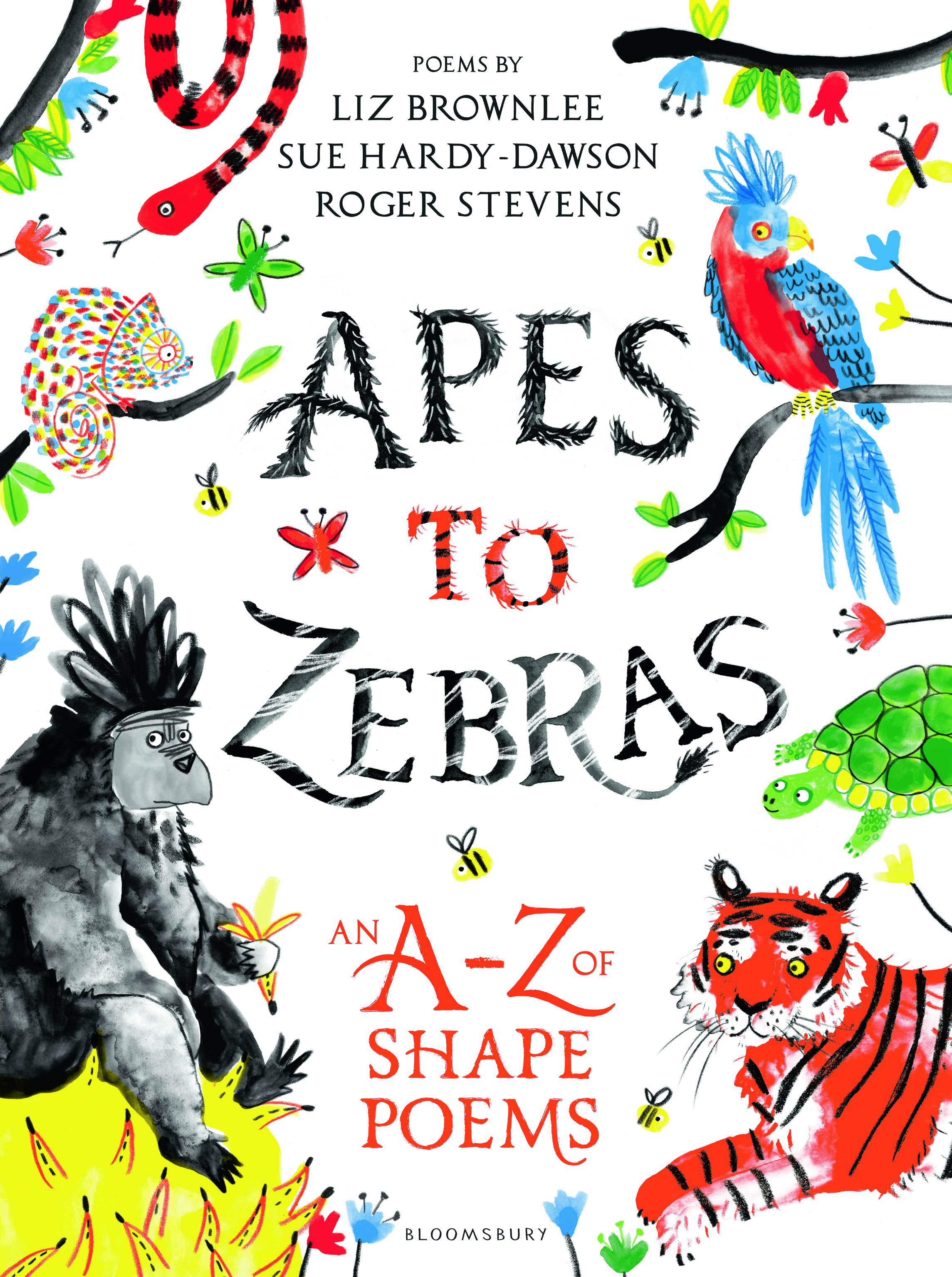

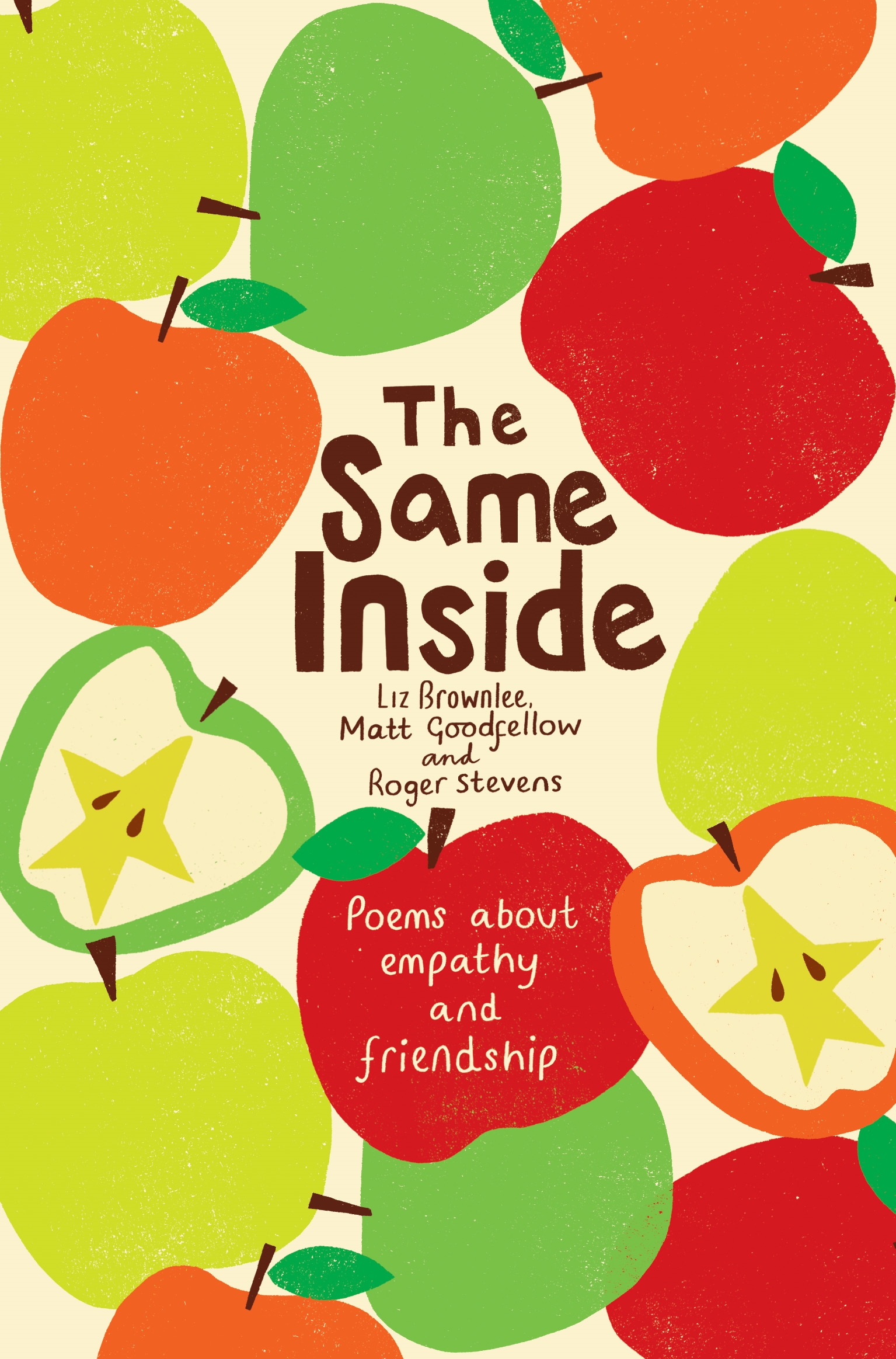

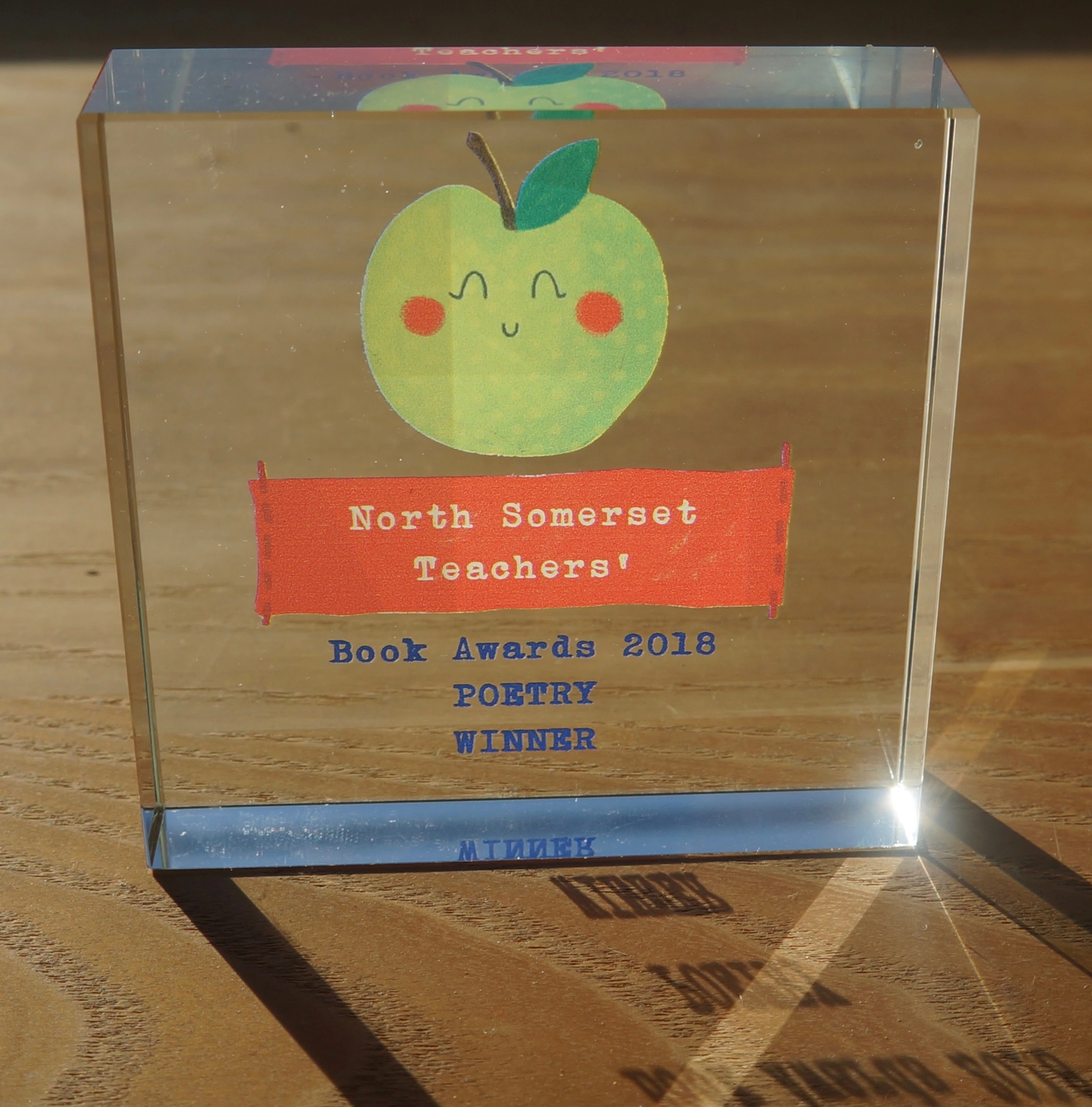
















That plastic island in the ocean keeps me awake at night. Someone here in Australia has invented a type of bucket that may help clean it up. Gosh our world is out of balance.
LikeLiked by 1 person
Hello Michelle! Yes, I saw that on Facebook…it only deals with the visible and surface plastic, but that is a great step forward, at least! There is also a type of mushroom fungus that eats plastic. I worry about the plastic that has broken down into the tiny, tiny pieces that’s in the air that we are all breathing in.
LikeLike
They’re so cute! And very relaxing to watch…
Interesting little creatures. Learning so much from your posts…
Michele at Angels Bark
LikeLiked by 1 person
Thank you Michele, they are relaxing!
LikeLike
This is a great poem because you hit the nail on the head with these neat jelly fish. They are very pretty but I am guessing they are not poisonous
LikeLike
Thanks, Birgit! I think all jellyfish have some sort of poison for killing prey purposes, but not necessarily a danger to us.
LikeLike
Beautiful video and another great poem. Thanks!
LikeLike
Thank you, Susan!
LikeLiked by 1 person
Charming. Always loved those jelly fish…only from the other side of the glass though! 🙂
LikeLike
Thank you! Yes, I’m not sure how I would feel with them brushing up against me!
LikeLike
Clever things. The jellyfish and the poet. Nice work Liz.
LikeLike
Thanks, Stuart! Thanks for coming!
LikeLike
A tiny brine brolly! I do like jellies. (And I know they’re not fish, but I like the word “jellyfish”.)
LikeLike
I do, too, Celia – ‘jellies’ sound like children’s parties and more stiffly gelatinous, bright-red corrugated mounds!
LikeLiked by 1 person
Such fascinating creatures! It’s amazing what lies beneath the ocean that most people never see. Your poem is lovely. I love the rhyme and the rhythm.
LikeLike
Thank you, Luana! We don’t know much of what is under the ocean, it’s true.
LikeLike
Lovely poem as always, Liz and a very interesting post in which you’ve flipped the problem from endangered creatures to proliferation of others. I’m always cautious when I see jellyfish when I’m diving because you never know if you’re going to suffer a painful sting. I’ve gone underwater again too for today’s letter.
Susan A Eames from
Travel, Fiction and Photos
LikeLike
That was an interesting information about jelly-fishes! Aren’t they deadly? Their poison I mean. It’s life taking right?
Cheers
Geets
LikeLike
Hello! Only some jellyfish are dangerous to humans, Geets! But those that are dangerous, really are – the Irukandji jellyfish for example is tiny and has a poison 100 times stronger than that of a cobra.
LikeLike
Great Post ! I got to know so much about these tiny sea Buddies.
Happy A to Zing 🙂
LikeLike
Hello, Anoosha! Thank you. You haven’t left a link to your blog, so I’m not sure if I’ve been to see you!
LikeLike
We were lucky enough to visit the Aquarium of the Pacific last November when we visited family in L.A. So wonderful. My son was thrilled to get to touch jellyfish.
LikeLike
Wow, I didn’t realise you could do that! This is certainly a wonderful exhibit.
LikeLike
So pretty. And four frilly lips? Could it be that they don’t bite? It’s terrible to think that mankind has caused the imbalance. I hope they come up with something to reverse it.
LikeLike
They don’t bite, they suck food off their tentacles, but they have tentacles that sting their prey. But not us.
LikeLike
They look magical, and so tiny. Eventually their population will collapse, I guess. Or take over the world. Or something in between. Things are in such a mess, who knows?
Finding Eliza
LikeLike
Things certainly are in a mess, Kristin. Insects are more likely to be the ones to take over, though!
LikeLike